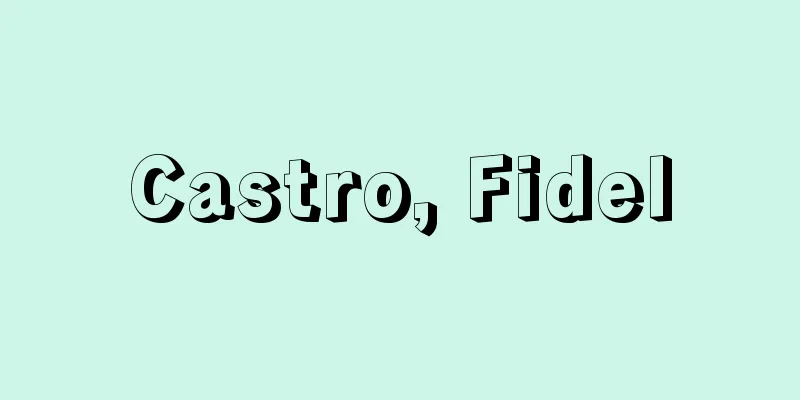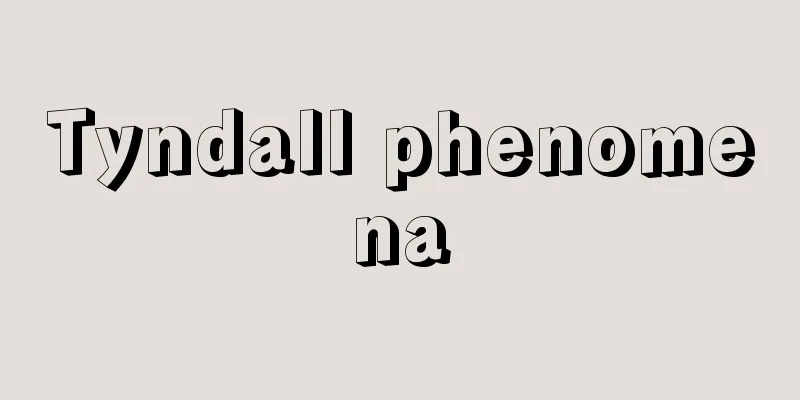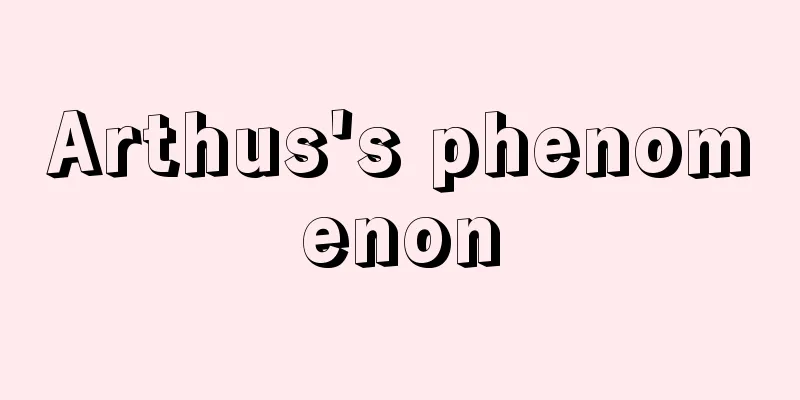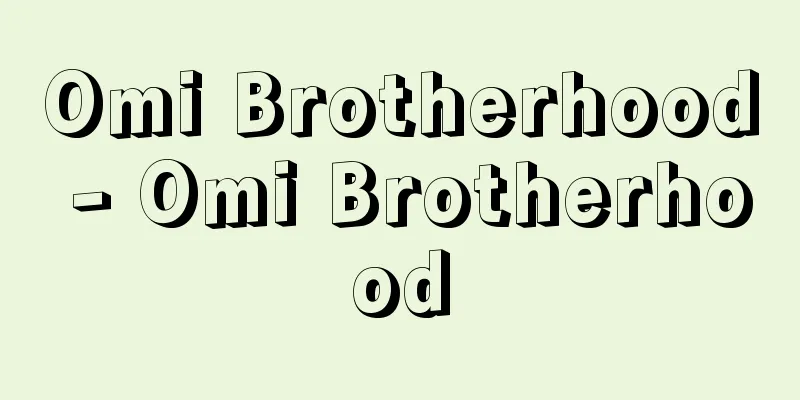Castro, Fidel

|
Born: August 13, 1926, near Biran [Died]2016.11.25. Cuban politician. Full name Fidel Alejandro Castro Ruz. Illegitimate son of a wealthy sugar plantation owner. After entering the law school of the University of Havana in 1945, he engaged in anti-government activities as a student movement leader. In 1947, he participated in an expedition to overthrow the dictatorship of Rafael Leonidas Trujillo Molina in the Dominican Republic. After graduating from the University of Havana in 1950, he became a lawyer and ran for congress as a member of the Cuban People's Party in 1952, but the election was postponed indefinitely due to a coup by Fulgencio Batista y Saldívar. On July 26, 1953, he attacked the Moncada Barracks in Santiago de Cuba, but failed, and was sentenced to prison along with his younger brother Raul Castro. He was released under a special amnesty in 1955, organized a rebel army in exile in Mexico, and arrived in Cuba in December 1956. After two years of guerilla activities in the Sierra Maestra, he overthrew the Batista regime on January 1, 1959 (→ Cuban Revolution). In February 1959, he became Prime Minister, and from then on, as the de facto supreme leader of the revolutionary government, he led the construction of a socialist state in Cuba. He established a one-party system and dictatorially controlled various aspects of Cuba, including politics, economy, and culture. He also expanded social programs in areas such as health, education, and employment, but the Cuban economy did not achieve significant growth. After the first Communist Party of Cuba congress in 1975, he became First Secretary of the party, and in 1976, he became President of the Council of State (head of state) and President of the Council of Ministers (prime minister) under the new constitution. From 1975 to 1989, he supported the Popular Movement for the Liberation of Angola during the Angolan civil war, and emerged as a leader of the Third World and non-aligned countries, serving as President of the Conference of Non-Aligned Countries from 1979 to 1982. In February 2008, he retired as President of the Council of State and the Council of Ministers, and in 2011 he retired as First Secretary of the Communist Party, both of which were succeeded by his younger brother Raul. (→ Cuban History) Castro |
|
[生]1926.8.13. ビラン近郊 [没]2016.11.25. キューバの政治家。フルネーム Fidel Alejandro Castro Ruz。富裕なサトウキビ農園主の非嫡出子。1945年ハバナ大学法学部に入学後,学生運動の指導者として反政府活動を行なった。1947年ドミニカ共和国のラファエル・レオニダス・トルヒーヨ・モリナ独裁体制打倒を目指す遠征に参加。1950年ハバナ大学卒業後弁護士となり,1952年キューバ人民党から国会議員に立候補したが,フルヘンシオ・バティスタ・イ・サルディバルによるクーデターで選挙は無期延期になった。1953年7月26日サンチアゴデクーバのモンカダ兵営を襲撃したが失敗,実弟ラウル・カストロとともに懲役刑に処せられた。1955年特赦で釈放され,亡命先のメキシコで反乱軍を組織し,1956年12月にキューバ上陸。マエストラ山脈での 2年間のゲリラ活動ののち,1959年1月1日バティスタ政権を打倒した(→キューバ革命)。同 1959年2月首相に就任,以後革命政府の実質的最高指導者としてキューバの社会主義国家建設を指導。一党体制を築き,キューバの政治,経済,文化など諸側面を独裁的に支配した。また医療,教育,雇用などの分野で社会事業を拡大したが,キューバ経済は大幅な成長を遂げることはできなかった。1975年キューバ共産党の第1回党大会以後同党第一書記となり,1976年新憲法により国家評議会議長(国家元首)兼閣僚評議会議長(首相)に就任。1975~89年にはアンゴラ内戦でアンゴラ解放人民運動を支援するなど,第三世界や非同盟諸国のリーダーとして頭角を現し,1979~82年非同盟諸国会議議長を務めた。2008年2月に国家評議会議長兼閣僚評議会議長を,2011年に共産党第一書記を退任し,ともに弟ラウルが後継した。(→キューバ史) カストロ
|
>>: Castres (English spelling)
Recommend
Maebaru [city] - Maebaru
An old city in the west of Fukuoka Prefecture. It ...
Car rental - Shashaku
A transportation company that used oxcarts and wa...
International Brotherhood of Teamsters, Chauffeurs, Warehousemen and Helpers of America
...Currently, the Transport and General Workers&#...
Old Catholicism
A Catholic movement that opposed the dogma of papa...
Foot-stomping
He tied his feet up and refused to go forward. (Re...
Lwoff, AM (English spelling) LwoffAM
…During World War II, he joined the resistance or...
Educational Program - Kyoikuban Gumi
According to the Broadcasting Law, educational pr...
Arias, A. (English spelling) AriasA
...The revolt was quickly put down by the United ...
GHQ Documents - GHQ Documents
After World War II, Japan was occupied by the Alli...
Lombard Street - Lombard Street
The name of the 300-meter street in the City of L...
Tales of Bokuto
A full-length novel by Nagai Kafu. Published by U...
Cantiga de amigo - Cantiga de amigo
…From the 13th century to the mid-14th century, t...
Mach number of uniform flow - Mach number of a celestial body
…The Mach number defined in this way is called th...
Charles François Dumouriez
1739‐1823 A general during the French Revolution. ...
Particle size distribution - Ryudobunpu
The ratio of particles belonging to a certain par...









